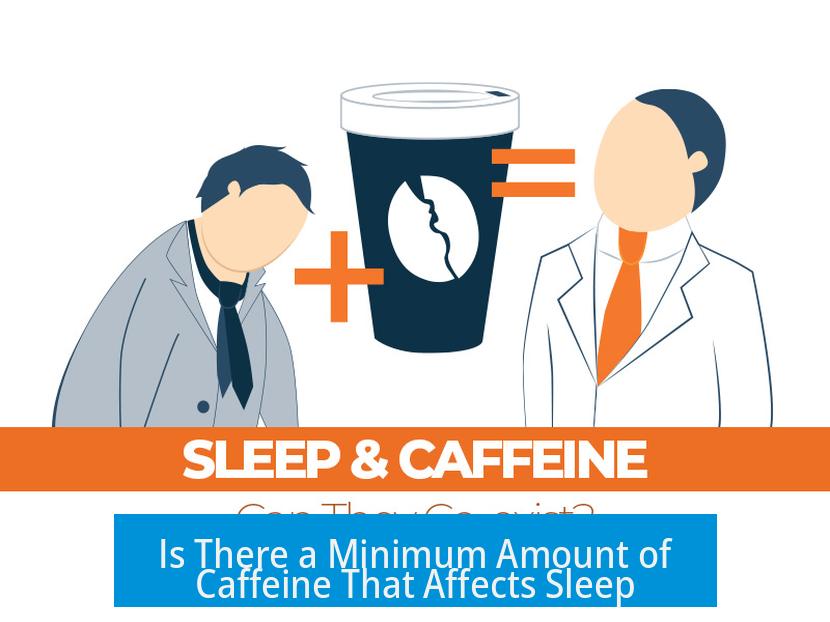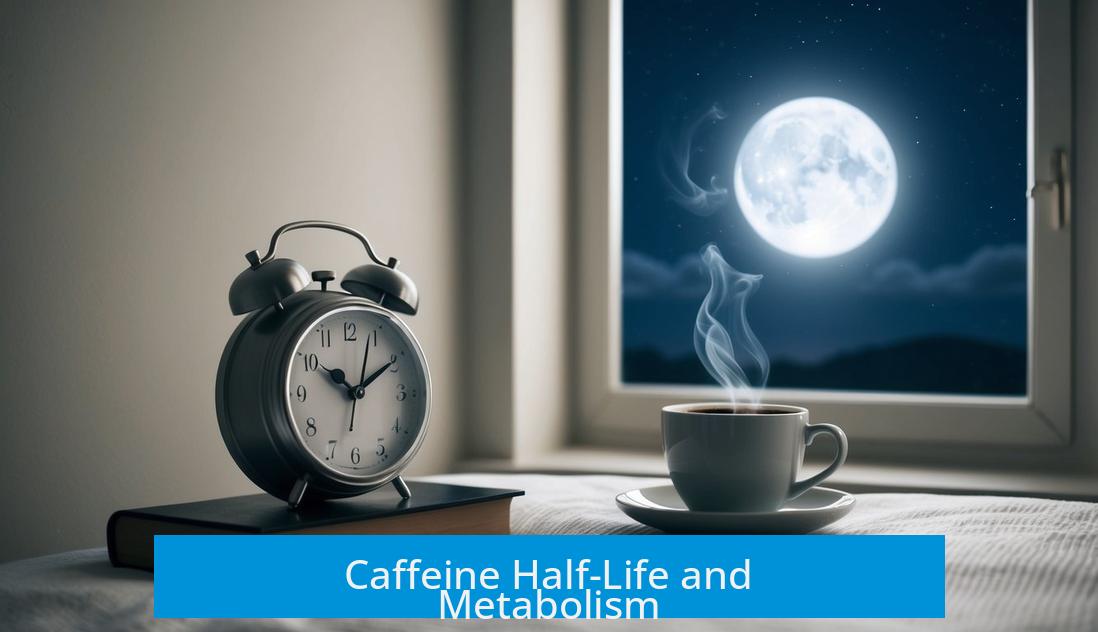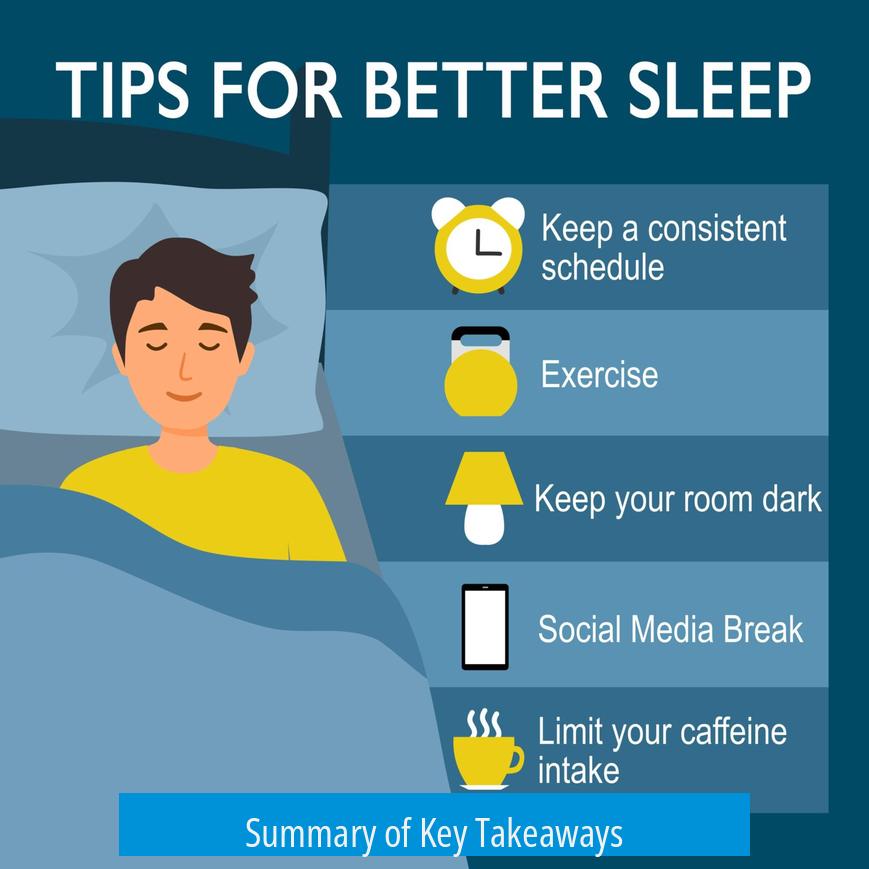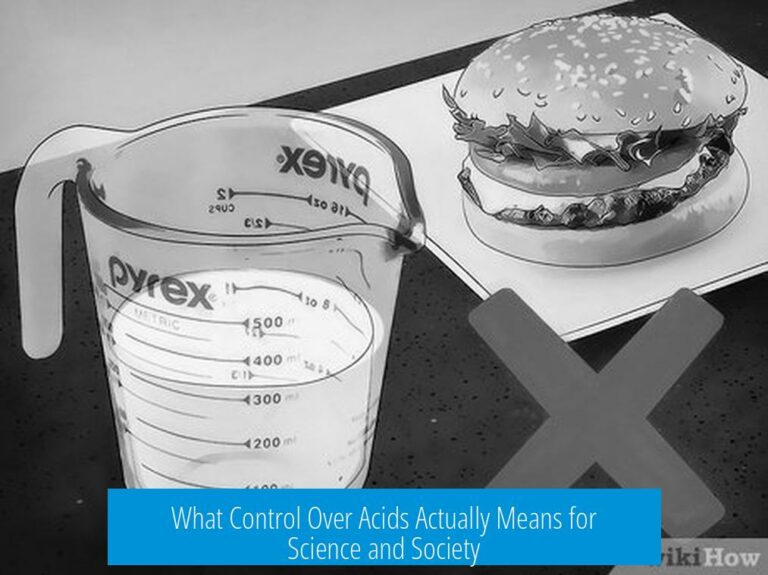Is There a Minimum Amount of Caffeine That Affects Sleep?

No universal minimum caffeine dose causes sleep disturbances; effects vary widely by individual sensitivity, metabolism, and timing of intake. Some people find even 10–15 mg disrupts their sleep, while others tolerate larger amounts without issue. Several factors determine if and how caffeine impacts sleep.
Individual Variation in Caffeine Sensitivity
Caffeine’s effect on sleep is strongly personal. Sensitivity ranges from high to low, influencing whether small doses affect sleep quality or onset. Key points include:
- Tolerance Differences: Regular consumers often develop tolerance, reducing caffeine’s impact on sleep. Occasional users may feel effects from tiny amounts. For sensitive individuals, caffeine in the early afternoon can delay sleep significantly.
- Pregnancy and Health Changes: Pregnancy can lower caffeine tolerance, making small amounts cause jitteriness and sleep disruption. Health conditions like ADHD affect caffeine metabolism and response.
- Genetic and Metabolic Variability: Genetic makeup alters caffeine clearance rate. Some metabolize caffeine quickly with little sleep impact, others slowly, increasing duration of stimulant effects.
- Example Variability: Some report drinking coffee late at night without trouble, while others must avoid caffeine after midday to prevent insomnia.
Quantitative Caffeine Intake and Sleep
Minimal amounts of caffeine can affect sleep in sensitive individuals. For example:
- Consuming 10–15 mg of caffeine (equivalent to 1⁄4 cup of chocolate chips) before bed may cause noticeable sleep changes over a few days.
- Low doses found in weak teas (~10 mg per cup) persist in the body for several hours and may accumulate if consumed late.
Accumulation happens because caffeine’s biological half-life causes it to linger. Consuming caffeine daily, especially near bedtime, raises baseline levels, potentially impairing sleep.
Caffeine Half-Life and Metabolism

Caffeine’s half-life typically ranges between 4–6 hours but may vary from 2 to 12 hours due to:
- Genetic differences influencing liver enzyme activity
- Age and body weight
- Food intake which can slow absorption
- Excercise and overall metabolic rate
For example, caffeine consumed at 6 PM with a 6-hour half-life leaves about half its initial level at midnight, still potentially enough to disrupt sleep.
Long-term caffeine consumers may see reduced sleep impact due to metabolic adaptation. The body adjusts, decreasing stimulant sensitivity over time.
Practical Recommendations Based on Current Understanding
Given individual differences, users should tailor caffeine habits to their bodies:
- Avoid caffeine after mid-afternoon: Many experts recommend no caffeine intake after 3 or 4 PM to minimize sleep disruption.
- Monitor individual response: Track how even small caffeine doses affect sleep onset and quality.
- Account for hidden sources: Chocolate, tea, and some medications contain caffeine, often overlooked but impactful.
- Experiment with decaffeinated options: Many report improved sleep and reduced anxiety after switching.
Scientific Research on Caffeine and Sleep
Studies conclude caffeine disrupts sleep onset, reduces total sleep time, and alters sleep stages even at moderate doses (around 200 mg). However, thresholds vary widely.
A 2021 study available on Wiley Online Library (https://onlinelibrary.wiley.com/doi/full/10.1111/jsr.14140) highlights the dose-dependent impact of caffeine on sleep latency and subjective sleep quality. Researchers emphasize personalized factors and recommend caution with caffeine timing.
Summary of Key Takeaways

- No single minimum caffeine amount uniformly affects sleep; personal sensitivity rules.
- Very small doses (10–15 mg) can impair sleep in sensitive or non-regular caffeine users.
- Caffeine half-life averages 4–6 hours but varies with genetics and physiology.
- Accumulation of caffeine near bedtime heightens risk of sleep disruption.
- Avoiding caffeine after mid-afternoon reduces sleep interference for most.
- Individual experimentation guides the best caffeine management for sleep.
Is There a Minimum Amount of Caffeine That Can Stay in Your Body Before It Affects Your Sleep?
The short answer? Yes—there is no one-size-fits-all minimum caffeine amount that stays in your body without affecting sleep. How caffeine impacts your snooze depends largely on your body’s unique chemistry, caffeine tolerance, and timing of intake. It’s not a simple “one milligram fits all” situation. Let’s unpack this complex caffeine-sleep puzzle, shall we?
Ever wondered why your friend can guzzle espresso shots till bedtime and crash instantly, while a single afternoon cup leaves you tossing and turning? Well, it boils down to individual variation in caffeine sensitivity.
Caffeine Sensitivity: Your Body Is Unique
Your tolerance for caffeine shapes how it affects your sleep. For some, caffeine is a magic focus potion with barely noticeable side effects. For others, even half a cup of coffee triggers jittery anxiety and restless nights. Take pregnancy, for example. Many women find their caffeine tolerance plummets during pregnancy. What was once a daily coffee habit suddenly feels like a caffeine overload.
Similarly, if you’re not a regular caffeine consumer—say, an occasional tea drinker—then an amount that seems trivial to others might seriously disrupt your sleep. A user shared how just 15 mg of caffeine from eating a quarter cup of chocolate chips near bedtime wrecked their sleep quality after about a week.
And then there’s the quirky case of ADHD. Some people with ADHD process stimulants uniquely. Instead of feeling wired and awake, caffeine may boost focus without lessening tiredness, allowing them to fall asleep even after a late cup of joe.
“My husband can drink a Mountain Dew at 9 pm and pass out like a rock,” one user explains. Meanwhile, the wife avoids caffeine after early afternoon to protect her sleep. Goes to show, caffeine tolerance—like marriage—requires some flexibility!
How Much Caffeine Actually Lingers? The Half-Life Story
Let’s talk numbers. The caffeine half-life—the time it takes for your body to eliminate half of the caffeine—varies between 2 to 12 hours, but is usually around 4 to 6 hours in healthy adults. If you sip a cup of black tea with 10 mg caffeine, expect half of that 10 mg still in your body 6 hours later.
This means caffeine accumulates, especially if you consume it throughout the day. For example, drinking 30-50 mg doses over several hours can result in roughly 100 mg caffeine in your system by bedtime. That sneaky buildup can silently sabotage your attempts to fall asleep.
What’s more, genetics, age, body weight, and whether you’ve eaten recently all tweak how long caffeine sticks around. Your body’s metabolism adapts, too. Over time, regular caffeine users may feel less impact on their sleep, as their system becomes accustomed to the stimulant.
If you’re curious, caffeine half-life calculators help estimate how long the buzz lasts based on your intake and metabolism.
Small Doses: Still a Sleep Thief?
Here’s a wake-up call: even very small amounts—around 10 to 15 mg—have been reported to affect sleep, especially for sensitive individuals. One user noticed their sleep disrupted after munching just a small handful of chocolate chips before bed. That’s caffeine hiding in unexpected places!
In practice, many recommend cutting off caffeine intake by mid to late afternoon. This buffer helps ensure caffeine levels drop enough to welcome restful sleep.
“Any caffeine will keep you up at night,” warns one contributor—though for others, that statement would provoke a bullish coffee enthusiast laugh. It truly depends on your personal sensitivity, caffeine habits, and body chemistry.
Practical Tips for Protecting Your Sleep from Caffeine
- Know Yourself: Experiment by tracking how caffeine affects your sleep. Everyone is different, so treat yourself as your own caffeine guinea pig.
- Mind the Clock: Avoid caffeine after mid-afternoon if you’re sensitive. Early afternoon cut-off is a safe bet for many.
- Beware Hidden Caffeine: Chocolate, certain teas, and some sodas contain caffeine. Even small doses matter if consumed late.
- Adjust During Life Changes: Pregnancy, illness, or changes in medication can alter your caffeine metabolism and tolerance.
- Consider Switching to Decaf: One user felt “reborn” after switching from regular to decaffeinated tea, reporting better sleep and lower stress.
Scientific Angle: What Research Says
External research supports these observations. A study accessible via Wiley Online Library discusses how caffeine disrupts sleep architecture and the variability in individual responses. Science confirms your experience: no universal minimum dose exists that won’t jolt your sleep cycle.
Final Thoughts
If you’re chasing perfect sleep, don’t take caffeine lightly. The minimum caffeine amount staying in your system before it impacts sleep is a moving target shaped by your body’s idiosyncrasies, dose timing, and daily habits. Even small traces can tip some into restless speed mode. Understand your sensitivity, manage timing, and watch for hidden sources. Your body will thank you with deeper, uninterrupted slumber.
Ready to experiment? Start by cutting caffeine a few hours earlier. Maybe swap your evening chocolate for a calming herbal tea. It might feel like a small sacrifice, but sleep quality? Totally worth it.
Can very small amounts of caffeine affect my sleep?
Yes, even about 10-15 mg of caffeine can affect some people’s sleep, especially if they have low tolerance or rarely use caffeine.
Is there a set minimum caffeine level that won’t disrupt sleep?
No, there is no universal minimum. Sensitivity varies, so even tiny amounts may impact some people’s sleep.
How long does caffeine stay in the body before it stops affecting sleep?
The caffeine half-life is usually 4 to 6 hours but can range from 2 to 12 hours depending on factors like genetics and metabolism.
Does regular caffeine use change its effect on sleep?
Yes. Over time, the body can develop tolerance, reducing caffeine’s impact on sleep for some individuals.
What factors influence how caffeine affects my sleep?
Age, genetics, body weight, pregnancy, and how often you consume caffeine all play a role in its effect on sleep quality.
When is it best to stop caffeine to avoid sleep disruption?
Many suggest avoiding caffeine after mid-afternoon, around 3 or 4 PM, to reduce the risk of it affecting sleep.





Leave a Comment